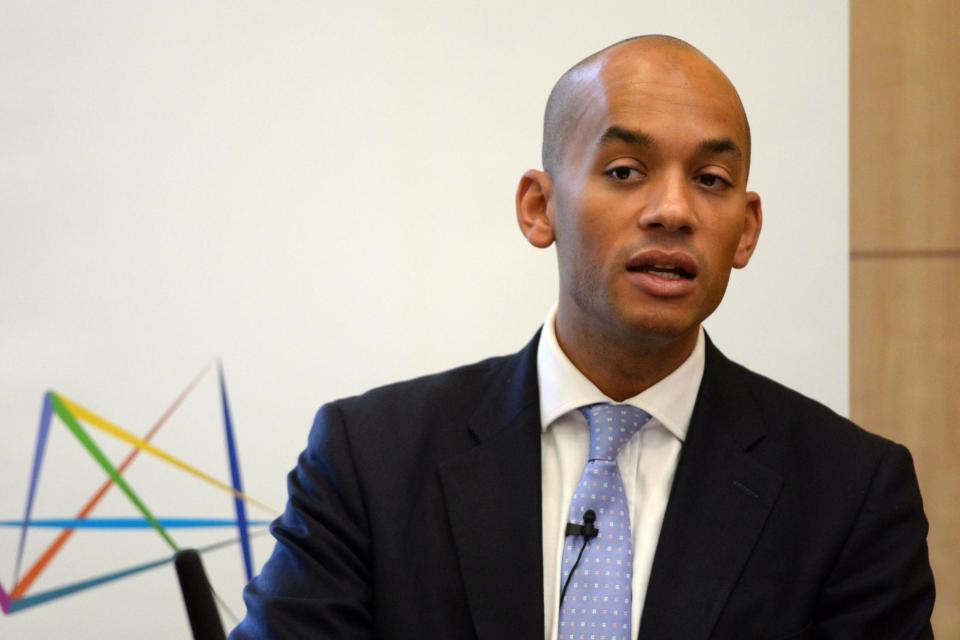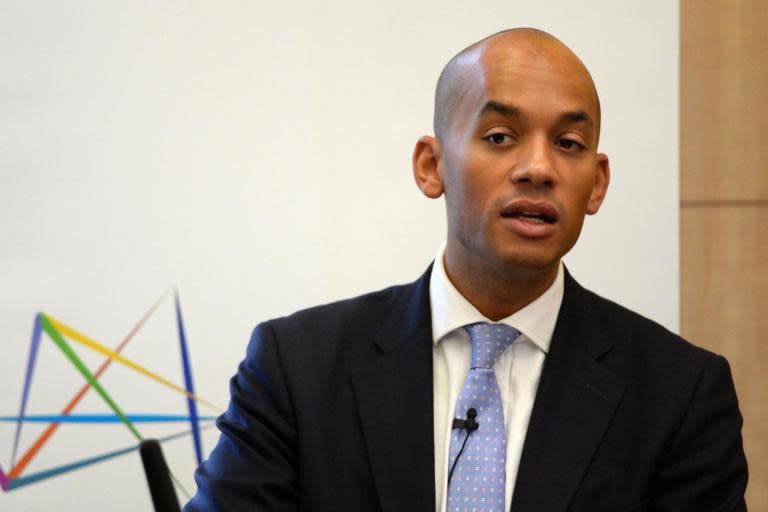Treat youth violence as a disease not a crime to tackle spike in London bloodshed, Chuka Umunna warns
Rising levels of youth violence should be treated like a disease instead of a crime, Labour MP Chuka Umunna has said.
The MP will call for a public health model to tackle the crisis as he lambasts the failure of criminalising teenagers to stop violence.
Mr Umunna, a member of the Government's Serious Violence Taskforce, will say the model has been used “very successfully” in Scotland.
But he will warn: "You cannot deliver that model without whole system, cultural and organisational, change with sustained political backing."
In August 2007, Mr Umunna gave a speech lamenting the 17 London teenagers shot or stabbed to death that year.
"It was grim," he will say today. "But here we are... 11 years later, and already this year 21 teenagers have been stabbed in London alone.
"A lot has changed over 15 years but it shames our society that the bloodshed continues.
"We now need to take a fresh look at this problem because we have failed to stop this tragedy."
Mr Umunna will say too many young men feel "disrespected and disenfranchised" by a society that has turned its back on them.
"We must make ending this violence a national mission," he will say, by building the opportunities "to make connections to the wider world".
This means developing relationships where "dignity depends on an inherent sense of self-worth, not status symbols and the opinion of others", Mr Umunna will say, as well as "helping them use their talent to find legitimate means of making money".
The approach will dump top-down measures and instead "start from the inside and work outward", the MP will say, in community-led projects guided by a national framework "to transform the left-out areas of our cities".
Home Office spokeswoman said: "Knife crime has devastating consequences on our communities, and our Serious Violence Strategy signals a step change in balancing a law enforcement response with a multi-agency approach."
She added: "Last month the Home Secretary announced doubling the Early Intervention Fund to £22 million to help youth groups and communities provide young people with positive choices and steer them away from crime."

 Yahoo News
Yahoo News 

